At Massey, we offer 170 qualifications and over 2,700 courses. A qualification is what you work towards during your time studying at Massey. This may be a bachelor’s degree, a diploma or a certificate, a master's degree or a doctorate like a PhD. Qualifications are made up of courses.
Explore study areas
Explore what we have to offer in the subject areas you're interested in, and where studying with us might take you.
Business
Creative arts
Health
Humanities & social sciences
Humanities & social sciences
Sciences
Sciences
Study with us as an international student
Develop critical thinking, communication and teamwork in top-class qualifications. Get practical skills and a global outlook at Massey.




Postgraduate study
If you want to study at an advanced level, get ahead and expand your knowledge, a postgraduate qualification is for you.




Short courses & micro-credentials
Expand your horizons by taking a Massey short course or micro-credential.

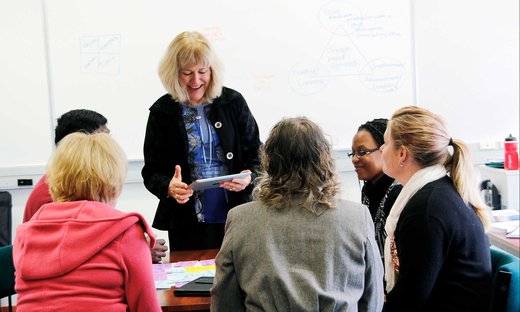
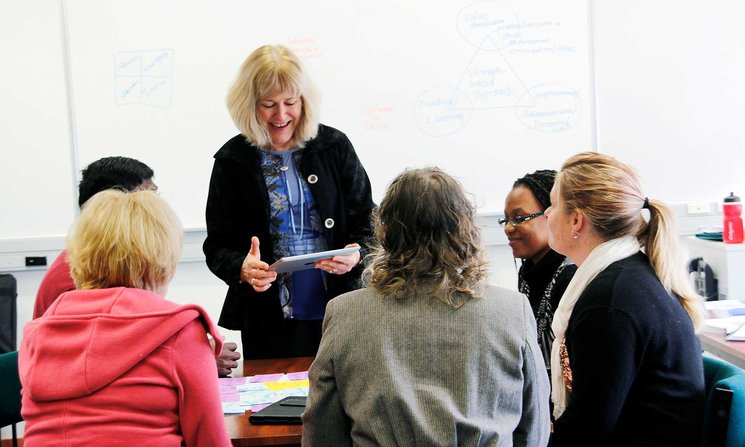
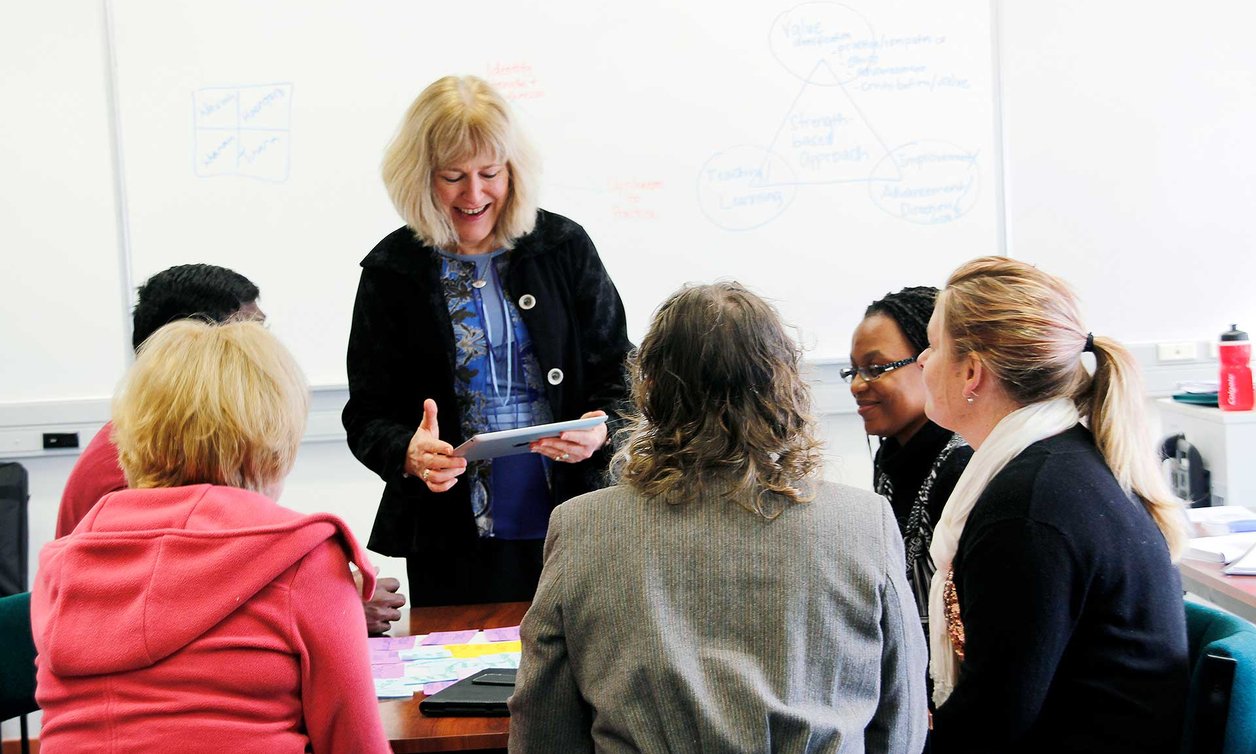
Where you can study
Take a look at where you can study with Massey and what each location or study mode has to offer.
Study online
As a world leader in distance education for over 60 years, we offer flexible online study across more than 1,400 courses.




Study on the Auckland campus
Study at Massey's Auckland campus and explore your big ideas in New Zealand's biggest city.




Study on the Manawatū campus
Study at Massey's Manawatū campus, a student-friendly city with nature at your doorstep.

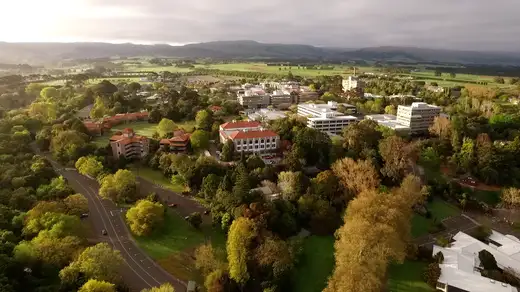
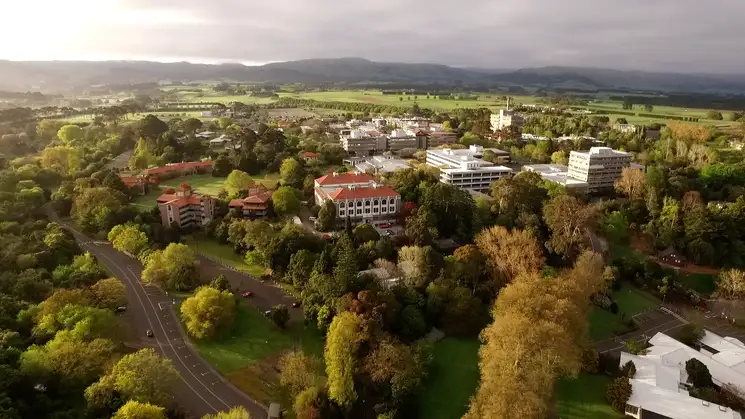
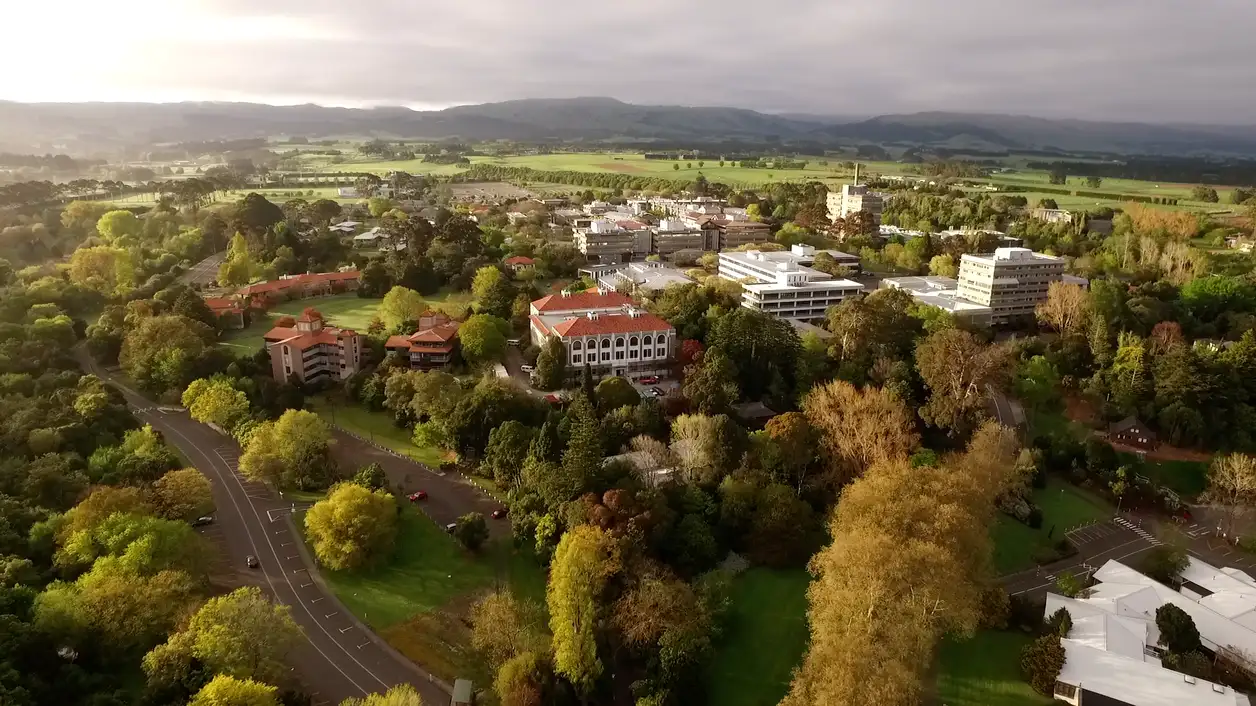
Study on the Wellington campus
Get inspired at Massey's Wellington campus, and study in a friendly city buzzing with creativity and culture.




Study in Singapore
Earn a globally recognised New Zealand qualification while studying in Singapore.




Massey Global
Start your pathway to Massey outside New Zealand and finish with us. Or study in your country with one of our partners.




